29 Jun 2024
5 min
Supporting the Rohingya in Bangladesh
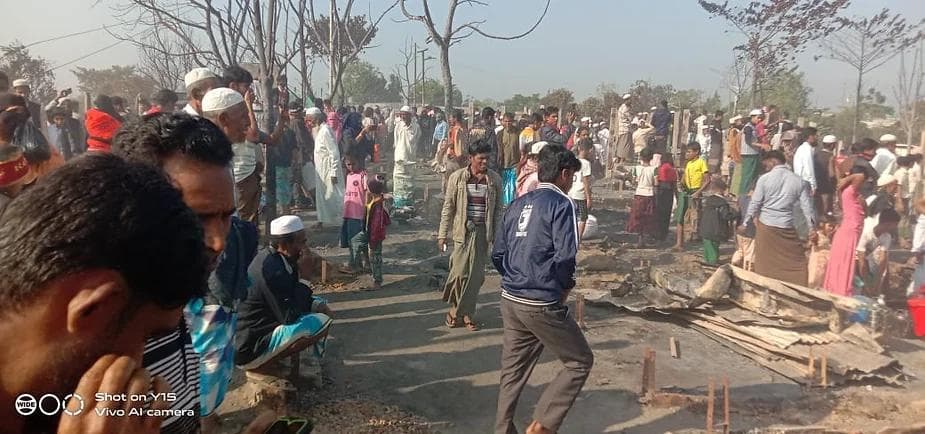
The Rohingya Crisis: A History of Persecution and Resilience
The Rohingya people, an ethnic minority in Myanmar, have endured decades of violence, discrimination, and persecution. The most significant exodus began in August 2017, when a massive wave of violence erupted in Myanmar’s Rakhine State. This brutal crackdown forced more than 742,000 Rohingya, half of whom were children, to flee to neighboring Bangladesh. Entire villages were razed, families were torn apart, and widespread human rights violations were reported. The international community was shocked by the extent of the atrocities, but for the Rohingya, this was just another chapter in a long history of suffering.
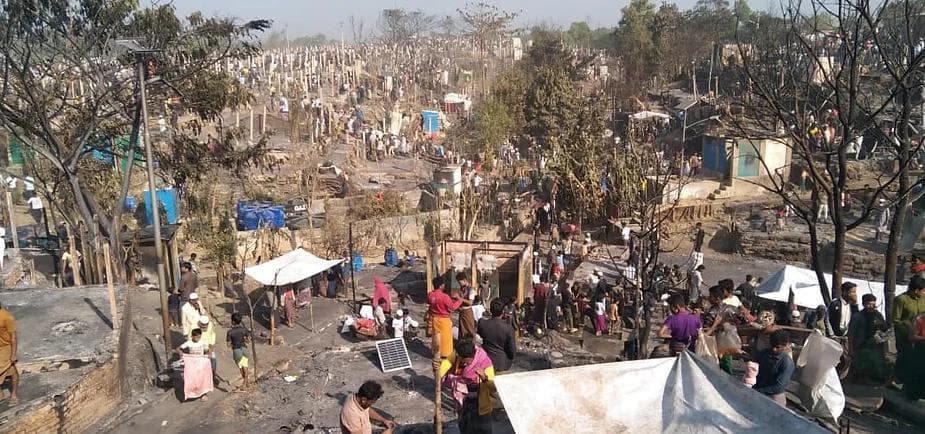
Where Are the Rohingya Now?
Today, over 1 million Rohingya refugees have fled successive waves of violence in Myanmar since the 1990s. More than 960,000 of them are currently living in Bangladesh, primarily in the densely populated camps of Kutupalong and Nayapara in the Cox’s Bazar region. These camps are among the largest in the world, straining the resources of the host community. Notably, more than half of the Rohingya refugees in Bangladesh are children, and 51 percent are women and girls. The refugee population now makes up one-third of the total population in Cox’s Bazar, highlighting the critical need for support to ensure peaceful coexistence between the refugees and the host communities.
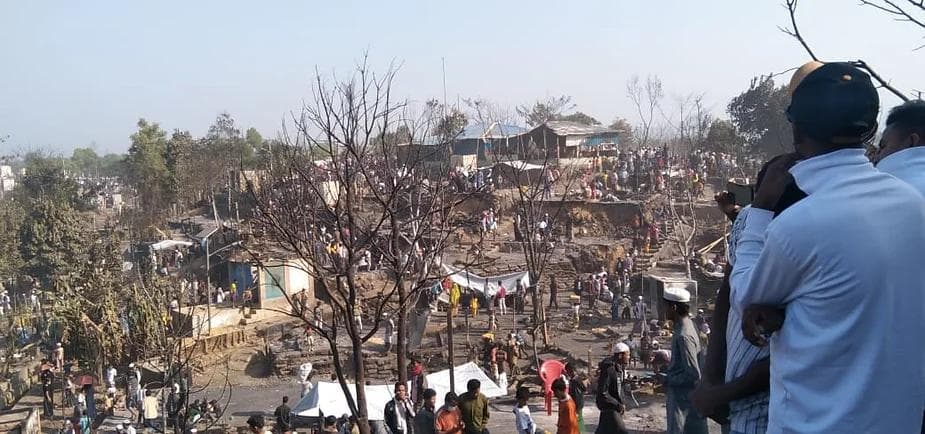
One Ummah Foundation Bangladesh: A Beacon of Hope
In response to the crisis that escalated in 2017, the One Ummah Foundation (OUF) swiftly mobilized and established a base of operations in Bangladesh. After visiting Cox’s Bazar with a team of doctors, OUF was deeply moved by the dire conditions faced by the displaced Rohingya. Determined to make a difference, the foundation set up two learning centers, staffed by exiled Rohingya professional teachers and following the Myanmar curriculum. These centers initially supported 350 students, providing them with basic education. Recognizing the need for more educational infrastructure, OUF subsequently built two additional schools, which now support over 1,000 children and their families with education, supplies, furniture, and food rations.
Beyond education, OUF has significantly contributed to improving living conditions in Cox’s Bazar. The foundation funded the construction of 40 deep-water wells, ensuring access to clean water for the community. This has been a crucial step in enhancing the health and well-being of the refugees.
Responding to Emergencies: The Fire in Cox’s Bazar Camp 5
In January 2024, a devastating fire broke out in Cox’s Bazar camp 5, leaving more than 7,000 Rohingya homeless once again. In the face of this tragedy, OUF Bangladesh demonstrated its commitment to swift and effective emergency response. The foundation provided immediate support to rebuild for 60 people, helping them regain some stability in the aftermath of the disaster. This prompt action underscores OUF’s dedication to supporting the Rohingya through both long-term development and emergency relief efforts.
Share this News
Next Read
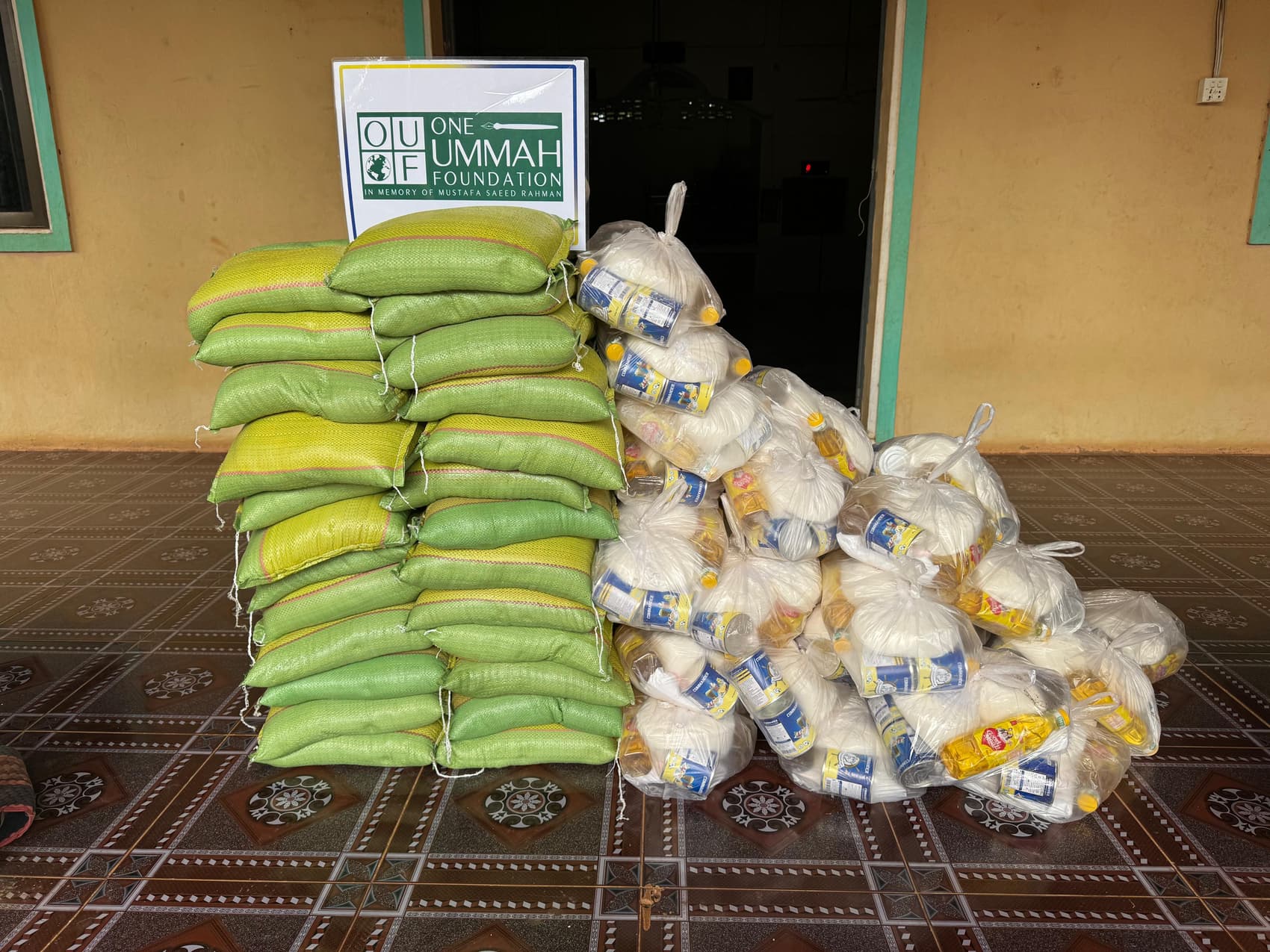
Iftar Food Distributed to 660 Families
One Ummah Foundation distributed Iftar food packages to 660 families across multiple villages
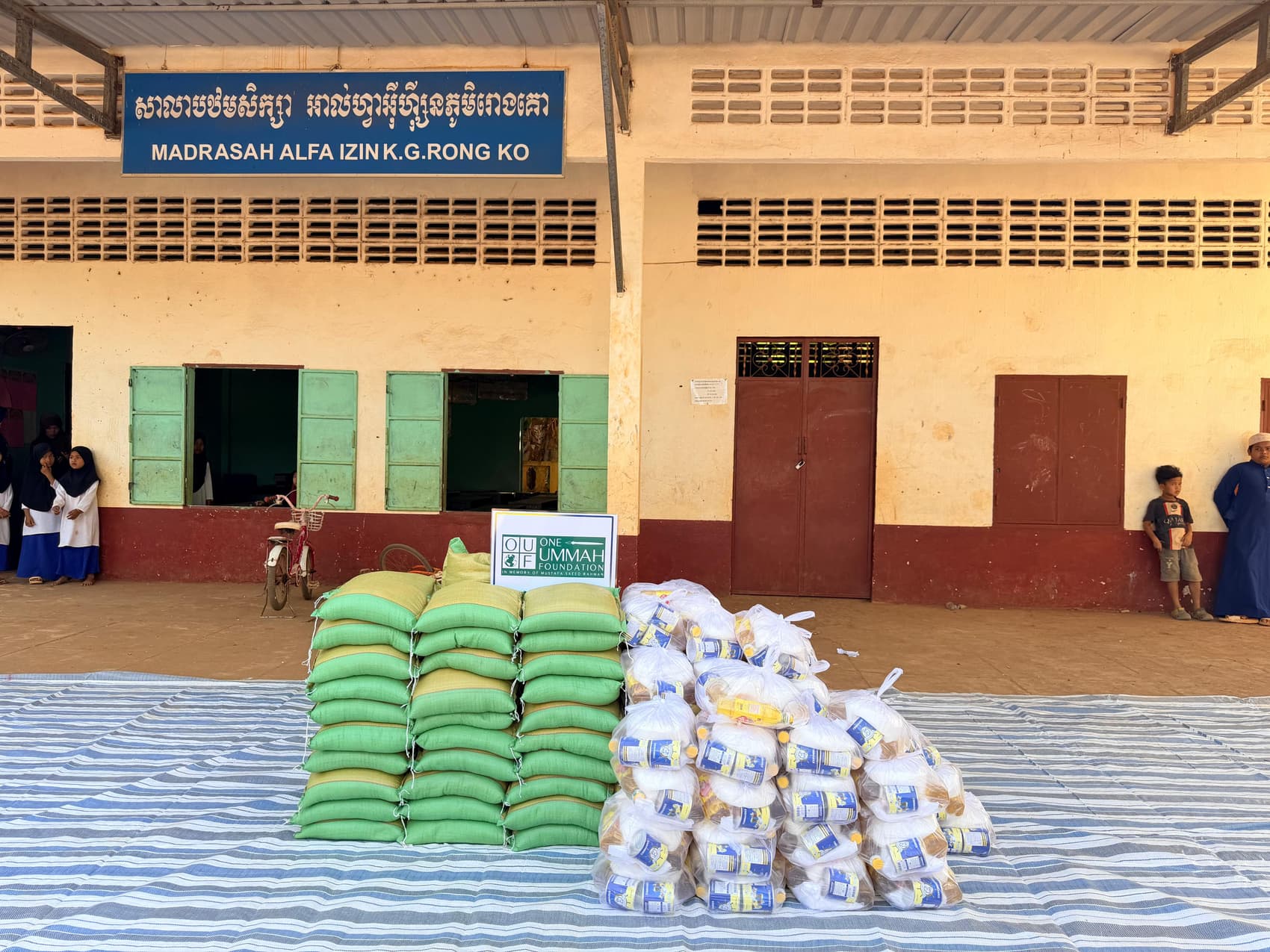
Ramadan Iftar Food Distribution Across Villages Cambodia
OUF delivers Ramadan iftar packages to families in Cambodia villages
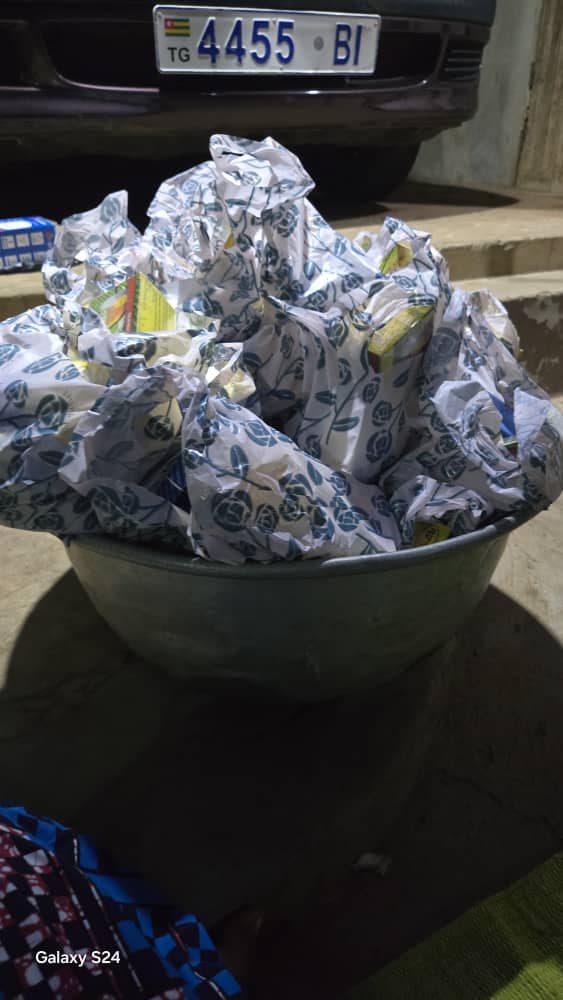
Ramadan Suhoor Packs Supporting Families In Togo
OUF provides Ramadan suhoor food packs to families in Togo